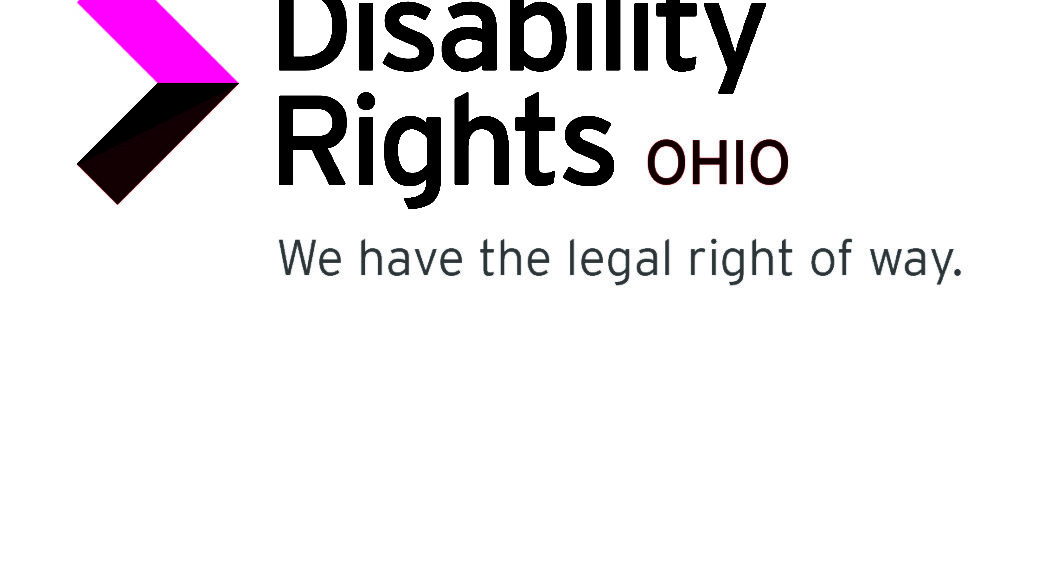
COLUMBUS, Ohio (PRWEB)
December 17, 2020
As the leading non-profit corporation focused on advocating for the human, civil and legal rights of people with disabilities in Ohio, Disability Rights Ohio (DRO) and its partners urge the Ohio Department of Health (ODH) to consider its recommendations as it formulates the state’s COVID-19 Vaccination Plan. While DRO and its partners is encouraged that Phase 1A of the present plan includes the people with intellectual disabilities, as well as those with mental illness, who live in group homes and the staff there, and patients and staff at psychiatric hospitals and residents and staff of nursing facilities and assisted living facilities and veteran homes, as well as hospital caregivers, it is not enough. A letter from DRO leadership and its partners to ODH Director Stephanie McCloud, recommends that the following should be incorporated into the Plan as well:
-
Prioritize people with disabilities in all types of congregate settings; - Prioritize people with disabilities, regardless of age, in all congregate settings;
- Prioritize people with disabilities in home and community-based services settings;
- Prioritize individuals with intellectual and developmental disabilities, even if they do not fit within one of the existing categories; and
- Ensure that both the information and education about the administration of the vaccine are accessible to people with disabilities.
DRO and its partners strongly encourage the revision of Ohio’s interim draft plan to effectively address risks to individuals with disabilities who live in any type of congregate setting and include these individuals and staff who work in these congregate settings into Phase 1. Complying with public health guidelines, like social distancing, is difficult or impossible in any type of congregate setting, not just the facilities in Ohio’s current plan. Furthermore, people of all ages are at risk in these congregate settings, so there should not be age restrictions. And prisons, jails, and detention centers should also be a high priority, as the incarcerated population disproportionately includes people with disabilities, who often face a higher risk of complication or death from COVID-19.
People rely on aides or nurses for their care in home and community-based settings, too, so this makes it difficult or impossible to practice social distancing. And people with intellectual and developmental disabilities in general have been shown to be at much higher risk in experiencing serious complications form COVID-19 and should also be prioritized.
Finally, the state should commit to ensure that the benefits and possible risks and side effects of the vaccines are effectively and transparently communicated to people with disabilities so they can make decisions with informed consent. DRO and its partners’ letter can be read here.
DRO and its partners commend Ohio for its thoughtful approach in determining critical populations by placing first responders, high-risk healthcare workers, people at significantly higher risk due to comorbid or underlying conditions, and older adults living in congregate or overcrowded settings amongst the earliest to receive the vaccine. We also applaud the state for recognizing in its interim draft plan that racial and ethnic minority populations have a higher prevalence of comorbidities and risks of infection. As the number of COVID-19 cases continue to rise across our state, DRO and its partners are committed to working hand in hand with ODH to ensure all Ohioans are vaccinated as safely and quickly as possible.
Disability Rights Ohio is the federally and state designated Protection and Advocacy System and Client Assistance Program for the State of Ohio. The mission of Disability Rights Ohio is to advocate for the human, civil and legal rights of people with disabilities in Ohio. Disability Rights Ohio provides legal advocacy and rights protection to a wide range of people with disabilities. http://www.disabilityrightsohio.org
Partners that are included in the letter: Ohio Brain Injury Program, University of Cincinnati Center for Excellence in Developmental Disabilities, Ohio Olmstead Task Force, Down Syndrome Association of Central Ohio, Coalition for Community Living – Ohio, Disability Law Society at Case Western Reserve University, Ohio Chapter of the National Association of Social Workers and Columbus Chapter of the National Association of Black Social Workers.
Share article on social media or email:

